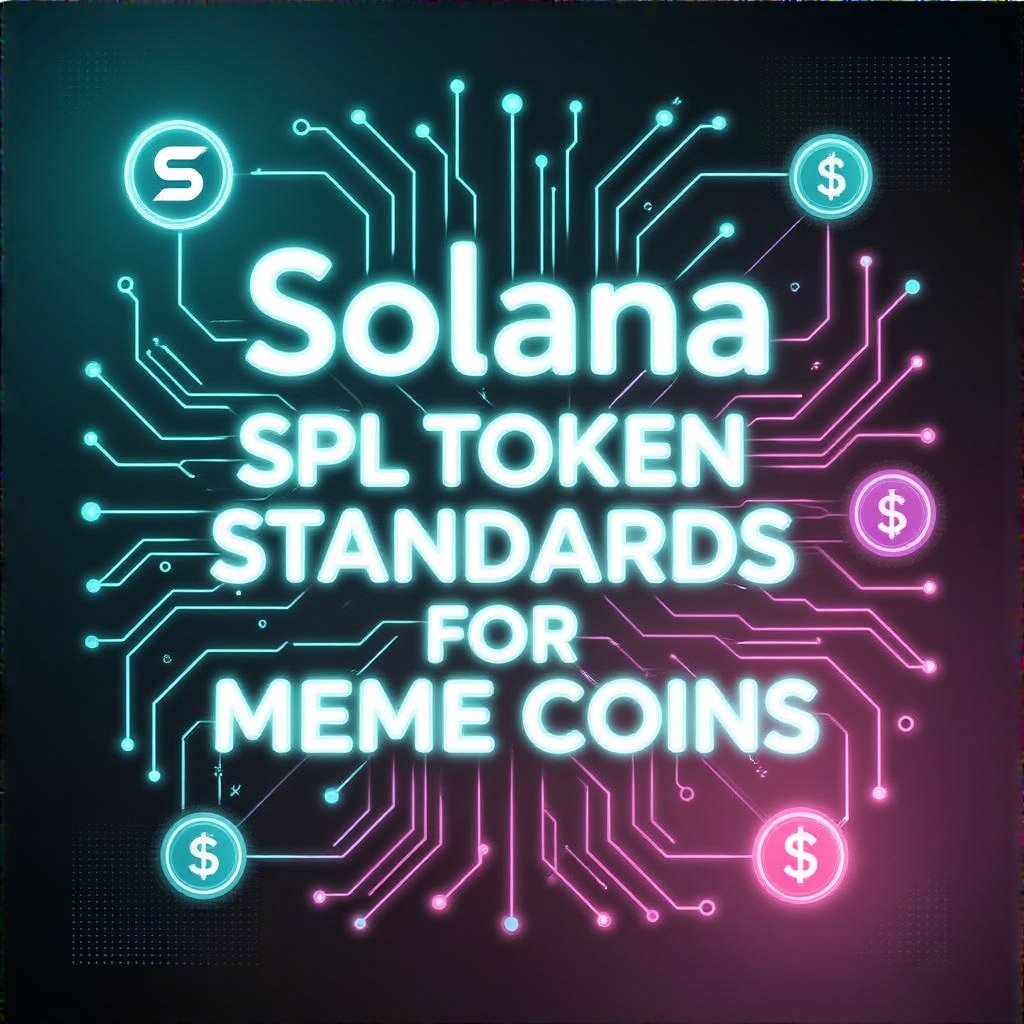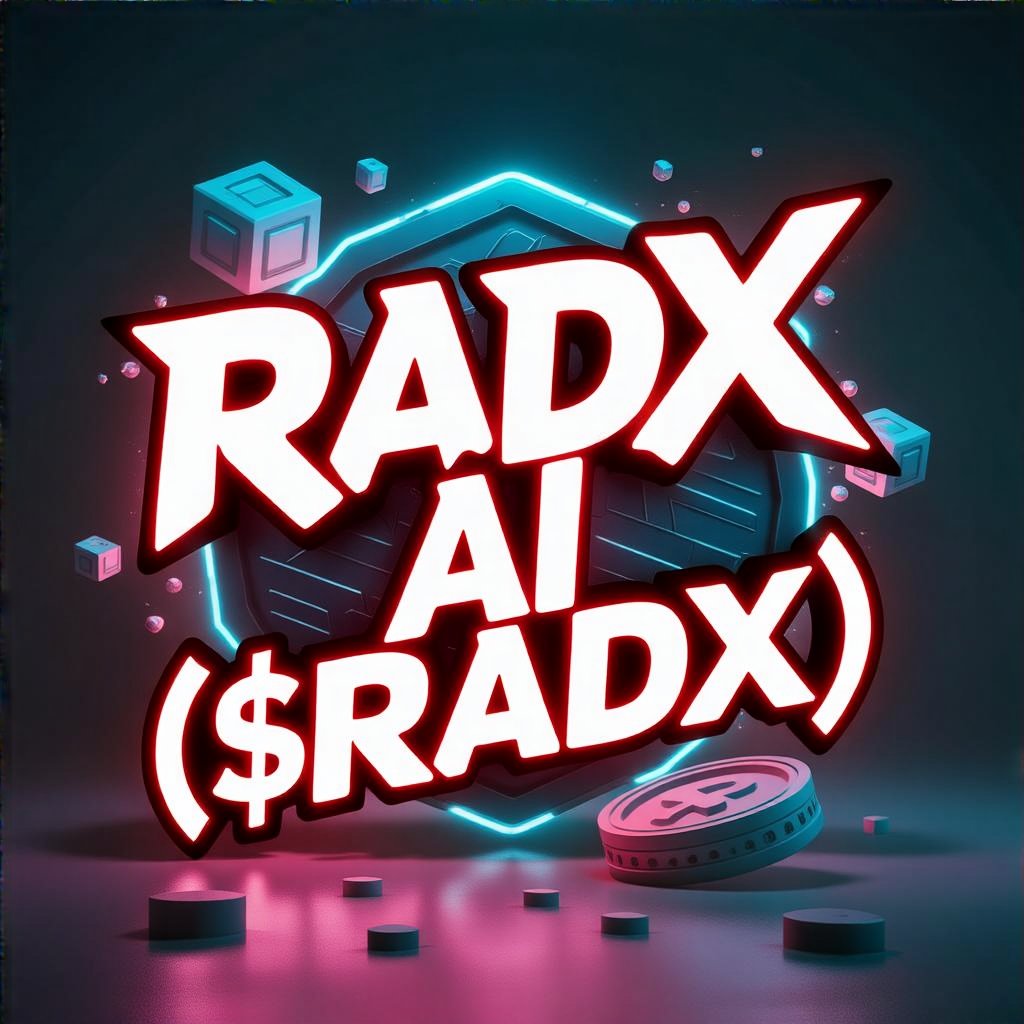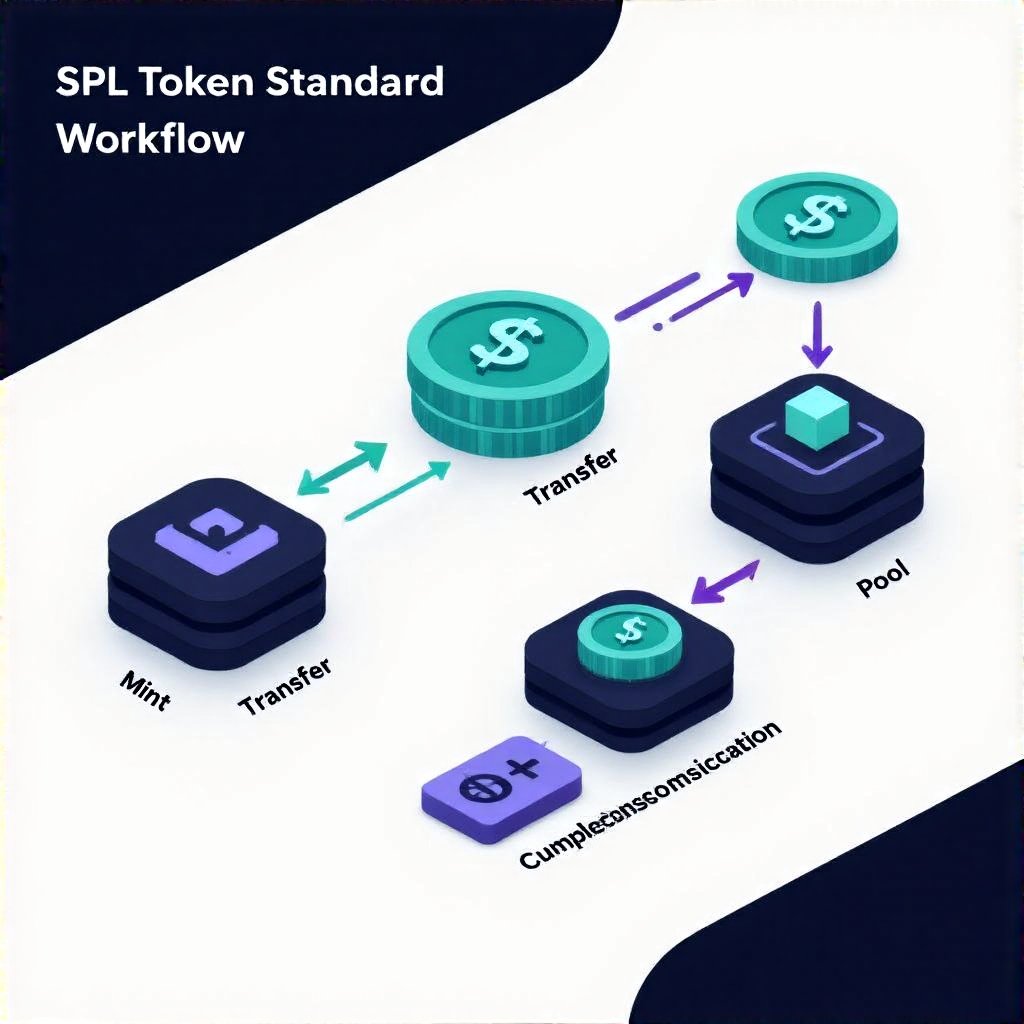Solana SPL Token Standards: The Foundation for Meme Coins

SPL tokens are the building blocks of meme coins on Solana. They enable fast transfers, low fees, and interoperable DeFi primitives across the ecosystem. This piece pulls the thread through SPL to show how tokens power minting, transfers, and liquidity. By tracing token flows from mint to market, you can see how standards maintain consistency across wallets, DEXs, and pools. Each line of text traces a chain of actions that reveals how projects stay trustworthy and interoperable.
- What are SPL Tokens?
- Fungibility & Standards
- Meme Coins on Solana: Radx Ai
- Transactions & Liquidity
- Risks & Best Practices
- Getting Started
What are SPL Tokens?
Solana's Token Program defines the SPL standard for fungible assets. Each token has a mint, a supply, and associated token accounts that track balances across wallets. This standard underpins most meme coins on Solana. By standardizing the interface, developers can reuse wallets, explorers, and programs without re-implementing token logic. In practice, this reduces risk and accelerates launch timelines.
For hands-on reference, see the SPL Token program docs.

Fungibility & Standards
SPL tokens are fungible by default, meaning each unit is interchangeable. The Token Program enforces a consistent interface for minting, transferring, and managing allowances, enabling wallets and DEXs to work with many tokens seamlessly. Behind the scenes, this is powered by a shared account model and metadata that keeps token users aligned across apps.
Meme Coins on Solana: Radx Ai
Across Solana, meme projects use SPL tokens to create liquid markets, stake on-chain, and build community tooling. Pirouetting around Radx Ai, the same token-model supports fast trades and cross‑protocol liquidity. See the Raydium liquidity venue for example, a well-known Solana DEX.

Transactions & Liquidity
Solana's runtime enables near-instant transfers with low fees. When combined with SPL tokens, this makes liquidity pools responsive to sentiment and on-chain events, while keeping capital efficiency high. Traders can move assets between wallets and pools with predictable costs, and developers can compose multi-step flows in smart contracts that rely on the same token interface.
Risks & Best Practices
Security-minded developers pull every thread. In audits, I look for weaknesses in deployment and governance. For deeper reads, see high‑criticality findings, anonymous teams, zero-knowledge proofs, and Cer.live scores.
Getting Started
To experiment, install the Solana CLI, set up a wallet, and use the SPL Token CLI to mint a new token on devnet. Step-by-step orientation helps you verify flows and spot issues early. If you are building tooling, start with a simple token and gradually attach transfers, approvals, and liquidity hooks, always aligning with the standards documented in the SPL docs.
